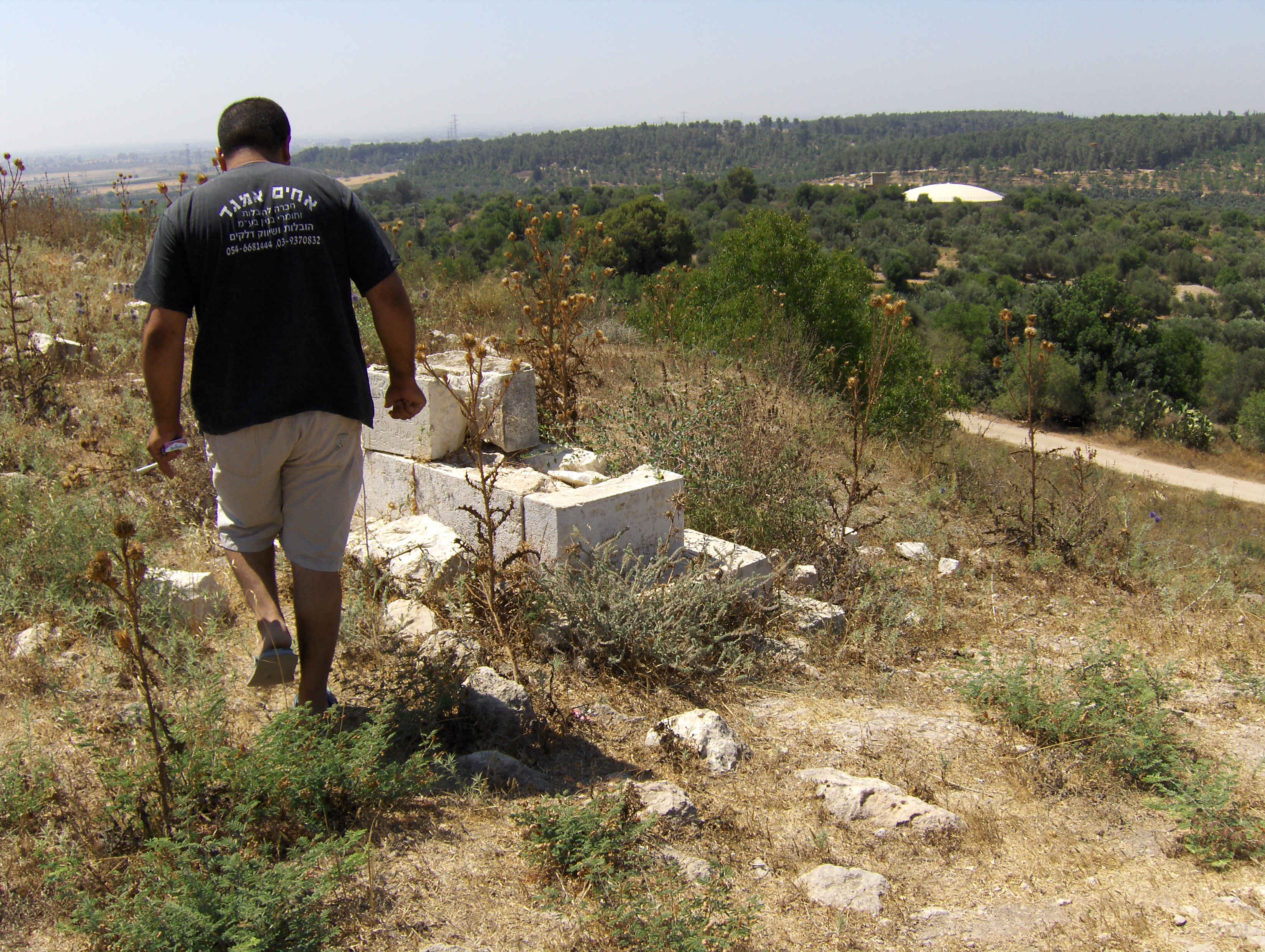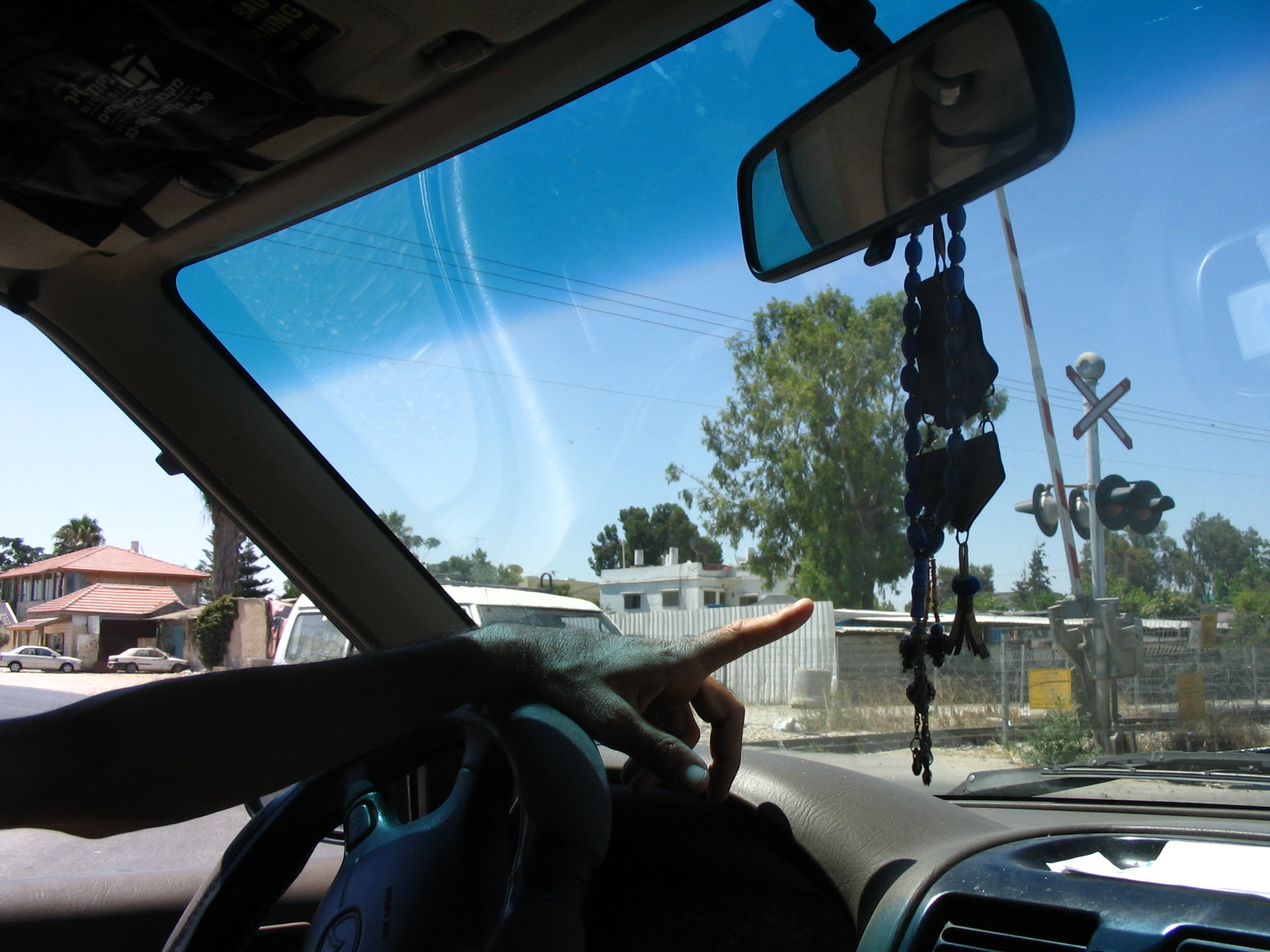Words Burn Lips

When Sami (all names are pseudonyms) was a teenager in the Israeli city of Lod, he witnessed his older brother’s arrest. He heard his parents say that his brother’s “friend” had prompted him to speak against the Israeli state and then informed on him to the police.
For Sami, his brother’s arrest was a valuable lesson. As he put it, “if everyday you are served hot tea, you get used to blowing on the cup before drinking it.” Talking freely is like gulping, and those freely spoken words can “burn lips.” Like other poor Palestinians in Israel, Sami is reluctant to speak lest his words be seen as too political.
Sami’s coping strategy of silence illustrates how Israel’s security regime effectively produces feelings of fear, distrust, and entrapment among Israeli Palestinians who are treated as “suspicious” citizens. It is through their “Shabak education” (Shabak is the Hebrew acronym for the main Israeli internal security agency, also called Shin Bet) that poor Palestinians in Lod learn how to monitor their words and behaviors, how to distrust their friends and neighbors. In particular, they learn how to signal their lack of animosity toward Israel by avoiding political activism, nationalist feelings, and expressions of solidarity with Palestinians outside Israel. Their Shabak education teaches them that the consequences of unacceptable speech can be disastrous. Once charged with “security offenses,” they can be interrogated for extended periods of time in total isolation and tortured (though illegal, the Shabak routinely uses torture). Security charges based on secret evidence or confession can lead to lengthy prison sentences.
As I learned in my fourteen months of research between Lod and the adjacent West Bank, Shabak education also teaches Lod’s Palestinians that acting as informants is also a way to seek various bureaucratic rewards. As Majid, an unemployed resident who failed to obtain a license for selling second-hand clothes, put it: “If I were to go to the police station right now, they would give me the license. I have to become a spy to obtain a [shop] license.” Most Palestinians in Lod believe this, though the distribution of rewards by the security apparatus might be more erratic and less intentional than perceived. Still, the fact remains that the perception of the link between informing and access to scarce resources is conducive to a climate of distrust and recrimination.Since the 1948 war, which led to the establishment of the Israeli state and turned hundreds of thousands of Palestinians into refugees, the security agencies have policed the political discourse and the national sense of belonging of Palestinians who managed to remain inside the newly established state, simultaneously granted citizenship and put under military rule. While Palestinians can vote, they are also heavily policed in a way that few Jewish Israelis will experience. The separate justice system for Jewish and Palestinian citizens is codified in law and practice. According to Adalah, a local NGO, there are 50 laws that discriminate against Palestinian citizens on issues such as state budget allocation, planning, and land ownership. Further, since the abolition of the military rule in 1966, Palestinian citizens have been under tight Shabak surveillance.
Like other civil and political rights, the freedom of speech of Palestinian citizens is effectively stifled by security practices. Social media activists, human rights activists, and journalists are primary targets. This was the case with Ameer Makhoul, an Israeli Palestinian human rights activist who was sentenced to nine years in 2011 for “espionage” and “contact with enemy entities” after a visit to Lebanon where, according to the Shabak, he met with “an Hezbollah agent.” Makhoul pleaded guilty to avoid the more serious charge of “assisting an enemy in war,” which carries a life sentence. The conviction was partially based on a confession that Makhoul later argued he had given under the pressure of torture.
The history of displacement and destruction of Palestinian society—what Palestinians call Nakba (the catastrophe)—haunts the Israeli state and challenges the moral legitimacy of its actions. While the threat of terrorism is obviously a reality for Israel, the Israeli state is just as concerned, perhaps even more so, with systematically policing Israeli Palestinians’ political ideas, nationalist feelings, and collective memories. Israel’s decision to adopt a new law barring the commemoration of the Nakba by government-funded bodies such as schools (the initial version of the law considered the commemoration of the Nakba as a felony punishable with imprisonment) shows how Palestinians are seen as most dangerous by the state when they recount their history and attempt to gather and organize support from a global audience.The Palestinian history of forced displacement is particularly visible in Lod. During the 1948 war, the Israeli army occupied the city (then known as Lydda) and expelled about 50,000 Palestinians, who are now reluctant to speak about it. For example, Sami knows that most “Ladadweh” (people originally from Lydda) now live in the refugee camps of the West Bank and the Gaza Strip. Reham, a neighbor of Sami, has listened many times to her grandmother’s story of her nearly year-long life as a refugee in the Gaza Strip after the 1948 war and of her clandestine return to the city. She knows where her grandmother lived before the 1948 war, how she was forced to leave Lydda on foot, how she returned, and where she hid after she returned. At the same time, Sami and Reham are restless when speaking about these events. Very experienced in the craft of what political scientist James Scott refers to as “seeing like the state,” they are aware that speaking about Palestinian history in Lod is likely to be interpreted by Israeli authorities as a sign of hostility against the state.

Poor Palestinians’ painful sense of danger highlights how the day-to-day activities of the security agencies effectively prevent Palestinians from developing their political voice and memory. For example, when I met Reham, I was interested in her grandmother’s story, but Reham was preoccupied with a recent encounter with a man who had stopped her and told her that he worked “with the police.” He asked her questions about drug addiction among the local youth. Reham doubted he was a police officer, but worried that he was with a security agency and had targeted her because one of her older children insisted on “speaking politics” though she repeatedly warned the kids that, in Lod, “you never know who is in front of you.” With her energies already sapped by this encounter, Reham did not feel relaxed enough to speak about her grandmother’s clandestine return to the city, which she is all-too-aware remains outside the boundaries of legitimate public discourse in Israel.
The policing of political voice is an experience shared by all Palestinian citizens of Israel. But it produces a particularly interesting situation for the Palestinian urban poor of Lod who live in districts where criminality and drug dealing are endemic and who are routinely labeled “petty criminals”. While Israeli authorities attribute nationalist motivation to crimes committed by Palestinian citizens against their Jewish Israeli counterparts, this politicization of criminal activities remains much less comprehensive than that of political ideas and actions. In other words, in the eyes of the state, “petty criminals” are much less threatening than political activists. As a result, Lod’s poor Palestinians sometimes cling to the label “petty criminals” to avoid unwanted attention from the security agencies.This is what happened when Rami and Hassan, two middle-aged Palestinian residents of Lod—both of whom have criminal records for dealing drugs—drove me to Beit-Nabala, an Arab village destroyed during the 1948 war, to visit a building which used to be a school and is now an administrative office at the entrance of a new Israeli town. When we reached the entrance of the town, they were very tense. They wanted me to take a photo of the school, but they were afraid to stop the car because it might draw too much attention to them. They had no plausible explanation they could give the Israeli authorities to account for their presence there. If stopped, they said they would rather falsely confess a plan to steal something than mention that they had come show me the site of the destroyed village. In their experience, it was safer to be seen as run-of-the-mill thieves than as political troublemakers.
If Rami and Hassan were to openly claim historical and social ties to Palestinian sites of loss—like that school—it would make them likely targets for profiling, arrest, or harassment by the Israeli authorities. Rami was particularly afraid of the Shabak because he had already been interrogated, having been arrested at a local protest against house demolitions. Security officials had first told him that they had evidence that he had smuggled guns into the West Bank (a security charge equal to “assisting enemies”), then released him, ordering him to stay away from protests. Rami, who told me that the threatened charge was false, still had no desire to repeat the experience.Rami commented, poignantly, “We had a history, now we have cocaine.”
It captures how Palestinians in Lod feel. They are trapped in a condition of marginality, where the Israeli state tolerates them as small-time criminals, but not living reminders of a Palestinian group or arc of history. Surrendering one identity—Palestinian—for another—petty thief—is a means of survival for many in Israel.
